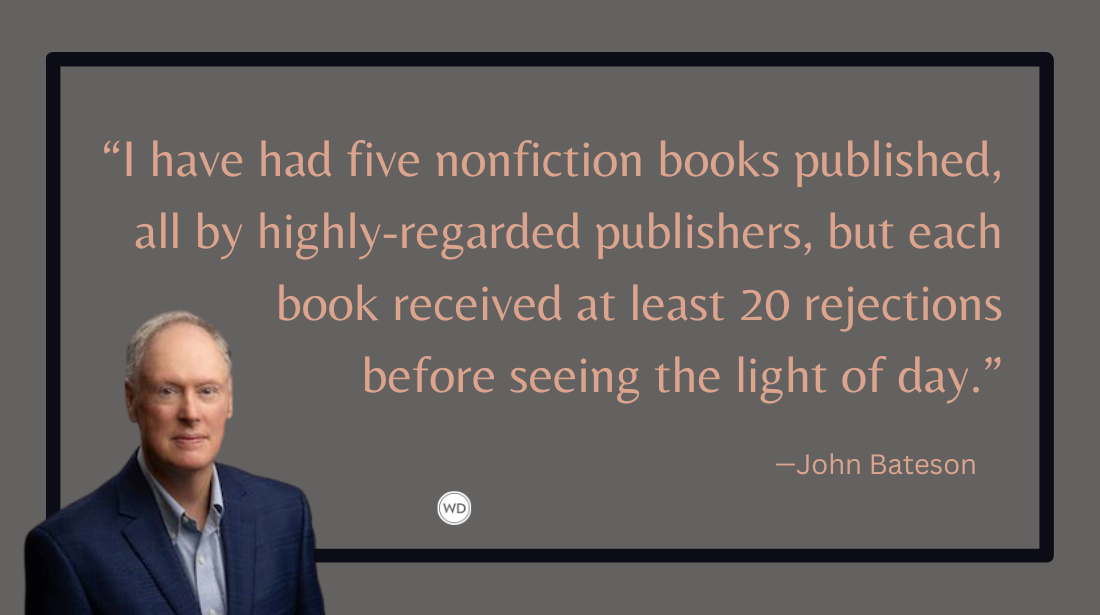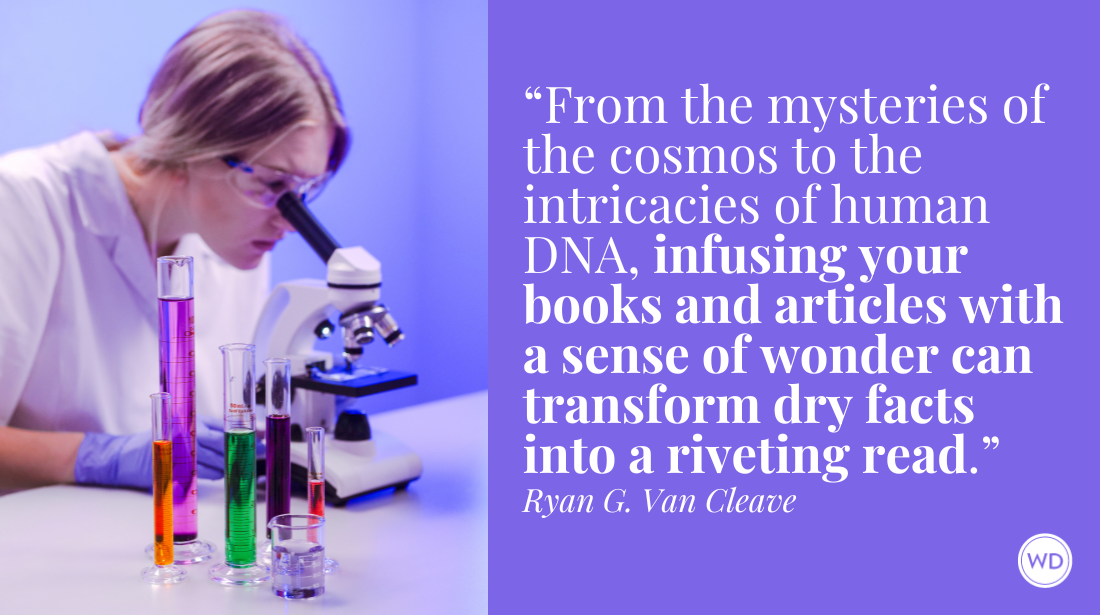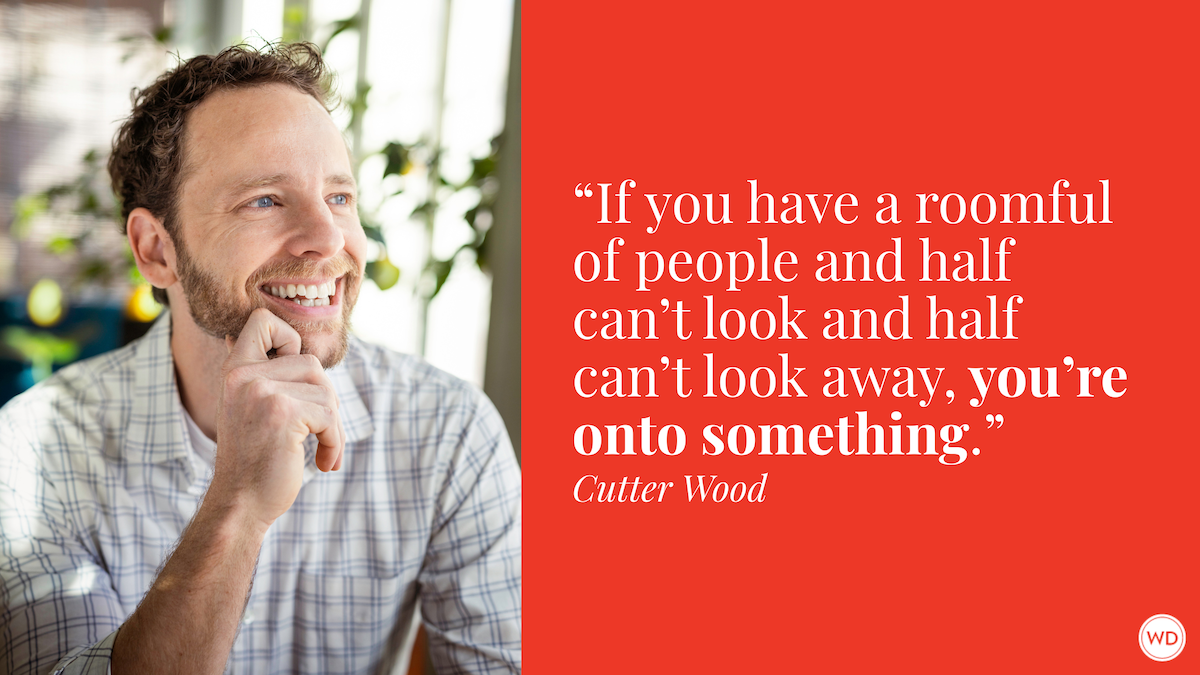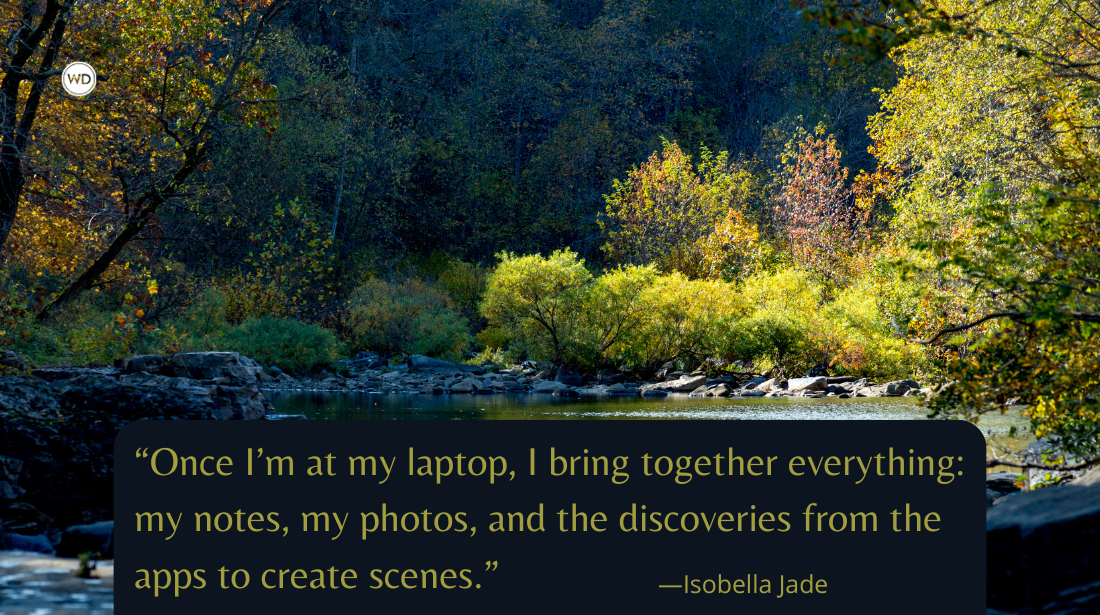A Good Yarn
Caroline Alexander’s nonfiction bestsellers are as gripping as any novel. The secret: Let the research carry you away.
Caroline Alexander loves research and adventure. A strange combination? Not for this bestselling author. Alexander has written six books, three of which are seafaring adventures, and all thoroughly researched. She gained cross-genre fame with The Endurance, Shackleton's Legendary Antarctic Expedition (Knopf). Her latest success is The Bounty: The True Story of the Mutiny on the Bounty (Viking).
The Bounty puts a new spin on tyrannical captain William Bligh and his mutinous crew, led by Fletcher Christian. The story has become more popular over the years through books and movies, but Alexander contends that history has cast Bligh as an undeserved bad guy—and she sets out to prove it with an amazing amount of research.
Alexander's passion for her stories shines through, helping to create a historical tale that reads as easily as any novel. Here, she shares her thoughts on the writing process.
What about The Bounty interested you enough to write about it?
It's directly related to my experience with the Shackleton story. At the heart of The Endurance is a great epic; the story is an amazing open-boat voyage. While researching that, I spoke to other maritime historians. The only other voyage they would speak of in the same breath was William Bligh's Bounty launch after the mutiny. That was what initially steered me over to the Bounty legend. I read the trilogy when I was a teenager, so I certainly knew the story. Once I re-encountered it, I quickly became interested in the court martial scene and what happened on dry land back in England, as much as what happened in the South Pacific.
What are some storytelling techniques you use to write exciting nonfiction?
A lot of it is immersing yourself in the source of material. There's a point where the characters start to come alive, because you (as the author or the researcher) suddenly have enough material that you can see them and hear how they talk. That immediately means that you're addressing these people in a way more like live people. You can see them in your mind's eye.
I also read everything voraciously. If there was a huge manuscript like Bligh's log, I read all of it. I wouldn't just jump forward to the hours of the mutiny or what I felt the climax was going to be. I'm always looking for the telling details. It's the telling details that help you get from A to Z.
Then I move instinctively, really. Some things just suddenly snag my attention. Odd things. Bligh's log of the Bounty is a wonderful document, but it's usually looked at only as something that's leading up to the mutiny. People search it looking for Fletcher Christian's name. But there are two ways to let it unfold: one, as a description of the voyage, and two, as the reflection of the character of the author (who in this case is William Bligh). You get different kinds of things.
For instance, Bligh's eyes were everywhere. He's the one who comments on the whales coming up beside the ship, the dolphins' backs breaking the waves with the sunlight on them or the cloud of butterflies that blows pass the ship—these are such amazing, wonderful details.
These details help create the voyage and create what it's like to be at sea. You're already getting a different picture of Bligh. A man who notices a cloud of butterflies somehow doesn't fit with the evil flogger of the legend.
After you've done this rational immersion, go on cruise control and see what's snagged your imagination. It's those details that usually stand out, for good reason.
Are there specific techniques for creating such lively, yet historical, characters?
The difference between approaching a historical legend as a human drama or as history with a capital "H" is a world apart. If you approach it as History, it's a solemn task. There are many details you'd skip over because they're almost too trivial or domestic, and they don't seem to fit into the grand picture.
But if you start looking at it as a story, which happens to be based exclusively on hard fact, then you get a very different take on things. You want to start telling the story as a story. It's at that point all these little details, which have been out there all the time, suddenly take on wonderful possibilities for you. You start to see how they fit into the picture you want to paint.
The majority of your books are nonfiction. What's your favorite aspect of writing in this genre?
I guess the research more than the writing. I enjoy research, and I love the actual act of being in libraries and ferreting things out. Once you're successful, and find a few facts or find a few leads, it gets very exciting. I start to feel very personal about the story when I find something new about it that's mine.
There comes a point where suddenly I just see the story. I've got enough facts, enough information and the story is there like a shining, glittering road ahead. I suddenly have a direction and a structure, and that's when it gets very exciting to actually start the writing.
There's also an interesting mystery to human actions. Sometimes there's a reconstruction around an event that you just can't understand. In writing The Bounty, I needed an attitude that's less fearful of what might be missing. Instead, I had to say, "This is another of those messy human situations where we just don't know what happened." One example is in the end of the story. I'm convinced there's even more going on against Bligh than I was able to document. One very telling example occurs in the will of Sir George Young, the uncle of one of the hardcore mutineers. Young names the lawyer who conducted the court martial case of the mutineers as executor of his will. Was the lawyer responsible for keeping this other family's name out of the event? Was this a kind of payback after the fact? We'll never know.
Do you try to stay neutral when writing nonfiction?
When I did the Shackleton story (The Endurance), I felt it was so uncomplicated, so overtly and directly heroic. Therefore, it needed very little directing in the actual narrative. All I needed to do was my work as a researcher and lay out well-chosen facts. And to get the telling detail to keep the narrative moving forward. The story almost told i tself.< p>The case of The Bounty was far more complicated. Partly because at a certain stage, even trying to steer my own course, I thought, I'm just writing this story on my research and I'm not reacting to anything else anyone has written. But I was, in fact, reacting to something else other people have written.
For instance, when it comes to the post-trial scene, what I'm directly showing is how other people in Bligh's own lifetime manipulated the facts. And to show that takes a little bit of partisanship.
I tried to keep all the characters balanced: By humanizing Bligh, I didn't think that meant demonizing Christian. At the end of the day, you've got a cast of characters who are very human—all of them flawed, all of them with some sympathetic traits. All have a powerful pull on one's imagination.
Therefore, even Peter Haywood (Bligh's nemesis) I find sympathetic in some ways. Even though I'm ultimately standing by Bligh as I watch this process of disparagement against him, I didn't want to become so partisan that I began taking potshots at the other characters. Or, worse still, which has happened in other attempts, editing out material that would tend to play against my thesis.
That's a very strong temptation. I want Bligh to be the hero, so it's very tempting to say, "This shows him in a bad light and people will read it wrong. I'll just cut it out." I can't do that. Not just from a journalistic standard of being fair and partial, but also from a human perspective of trying to create real characters. The best approach is to be even-handed in all the evidence laid out, either for one character or another.
What's a typical writing day like for you?
With The Bounty, there was so much research. My day-to-day existence was far more tilted to the research than the writing. I might have written, on average, some two to three hours a day. But I was putting in a full day's work because all the rest was research.
What authors have inspired you along the way?
Homer, who's sort of the father of everybody. He's informed every single thing I do: It's one of the reasons I studied classics, and he always helps me see a way to structure a story.
For example, both The Bounty and The Endurance are great adventure epics. The normal way to frame those is to end with the climactic moment. But the great lesson in the Iliad is that you don't end with a great battle. It doesn't end with the great fight between Achilles and Hector—there are several chapters that follow, and the last one is all about mortality. It's all about what happens to these men. That anchors the whole epic in the human experience and stops it from being just a mere adventure story.
It's why I took great pains with the epilogue in The Endurance. It traces the fate of every single man who'd been on that expedition. It brings them all home again, back to their ordinary lives and follows them to the last days of their lives.
Ending this way puts their whole adventure into a wholly human perspective. You understand how remarkable this voyage was because these were mere men doing it. I did the same with The Bounty. I didn't want the story to end until you'd followed every man to the end of his journey.
How do you write a book proposal that will get an editor's attention?
I don't think you can fake editors. Genuine passion is one of the things any editor worth his salt can smell a mile away. You must really want to do the story you're pitching. You shouldn't have to rationalize it, to persuade people to buy it or point out that it's trendy. If you're not interested in the story, why should anyone else be?
I never wrote a book proposal for The Endurance, but I did write one for The Bounty. I did very cursory research because the proof was in doing the actual project. I had enough research to flesh out what had captured my imagination—the court martial and its aftermath.
You have to be very clear and straightforward so an editor knows exactly what you're proposing, how well you're equipped, what material might be there, etc. But at the same time, they're listening to your voice. Is this a voice I'm going to be able to live with through a long historical story? Or is it going to start to irritate me or falter? I think it's the voice as much as anything that really sells a story.
Why did you become a writer?
As a child I was a voracious reader, and I always knew I wanted to write. I studied the classics—Latin and Greek—because that was what all the writers I admired had studied. It's a great way to get word training and research skills. By translating from two different literary languages, you learn a great deal about your own language. That was my school of writing—studying the classics.
What's your best tip for other writers?
Read, read, read. I read a great piece of advice from Stephen King that said he's very suspicious of people who want to be writers but aren't voracious readers.
If you're not a voracious reader, you shouldn't be a writer. You're after something else, maybe a lifestyle, or a way of earning a living, or you just like the idea of being a writer. If you want to be part of this fraternity of people who tell stories, you have to have grown up aching to read the stories and wanting to be part of that whole process.
So what are your plans for the next book?
I have no idea what I'm going to do next, but every instinct tells me it won't be at sea.
This article appeared in the March 2003 issue of Writer's Digest.








